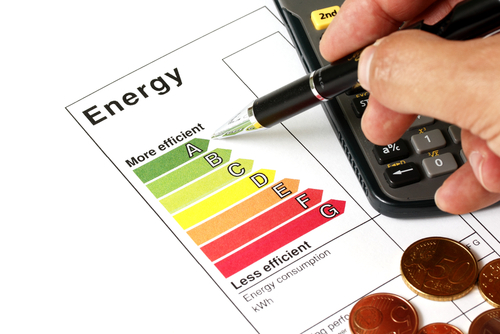The government’s Energy Bill has laid out a package of reforms that are designed to speed up the introduction of low-carbon and renewable sources of energy generation. The upshot for businesses is that the reforms will lead to an increase in the third-party charges which are built into all energy bills. This is because in order to pay for the transition towards renewable energy sources, the government must make a significant investment itself and so it needs to pass on some of the costs to end users.
It is therefore more important than ever that business owners begin to take steps to limit their energy consumption, in order to offset the inevitable rise in costs.
Here are five tips to for you to consider for your business
Choose the right contract
There is no one-size-fits-all energy contract for businesses, and suppliers offer a wide range of packages tailored to suit the needs of different businesses. It’s important that your tariff is tailored to your usage.
Larger consumers will likely benefit from a more flexible contract which allows portions of energy to be bought and sold at different stages as this will enable them to respond to changes in the market price of energy. For smaller operations, a fixed-price option may be more desirable as the potential savings of flexibility are smaller and a fixed cost allows budgets to be forecast with certainty.
Tariffs and charges imposed by the government can account for as much as 35% of a business’ monthly electricity or gas bill. These costs are beyond the control of both the SMEs themselves and also the supplier, so it’s vital to focus on the area that can be controlled – consumption levels.
Carry out a simple energy audit
The way businesses consume energy varies significantly, and it’s important to understand how your company is made up so you can identify in what areas the biggest savings can be made.
A simple first step is to carry out a basic inventory of all the electrical equipment you are currently using and roughly how much energy each consumes. This will allow you to identify any unnecessary usage.
The time of day at which you consume energy is also important. For businesses that use heavy machinery, re-scheduling operations to take advantage of low rates available at off-peak times such as overnight can deliver significant savings.
Culture change
Bad habits can be one of the biggest causes of unnecessary energy costs for many businesses, but encouraging behavioural change is no mean feat.
Consider appointing a few individuals from across the business to champion conscientious behaviour among their co-workers. A carrot and stick approach – with recognition for those who develop good habits and naming and shaming of those who don’t – can be effective, but needs to be carefully managed to avoid alienating employees.
Technology such as motion-sensing lighting and timers for other appliances can also help, taking a degree of the responsibility away from employees.
Smart meters
A smart meter allows a supplier to bill customers based on actual rather than forecast energy use, and this can be a great help in incentivising reduction of consumption, as the cost savings are immediately clear.
The government has voiced its intention to have all homes and SMEs on smart meters by the end of 2019.
Find a supplier that is able to offer this service and have one installed – it will give you much greater control over your energy spend.
A further step is energy monitors – small devices which show and log your current usage, and therefore rate of expenditure, in real time. These provide a constant incentive to reduce consumption and can also help in diagnosing where savings can be made.
Investing in new equipment
Businesses using energy-intensive machinery should look carefully at the age and condition of their equipment and investigate whether investment in newer or more advanced options could delivery significantly greater efficiency. Where equipment is running all day, every day, it could be that the resulting energy savings could pay off the investment sooner than you might think.





